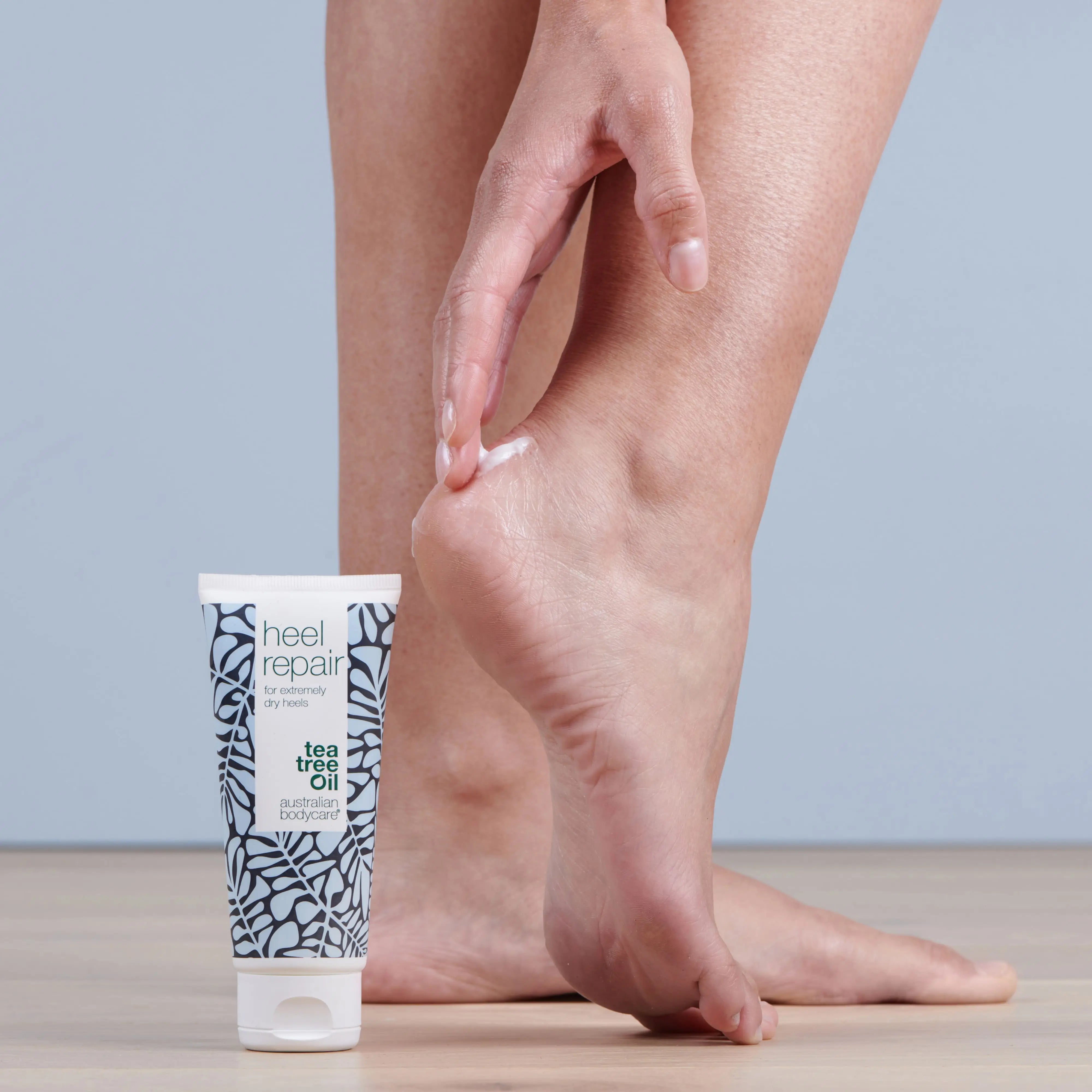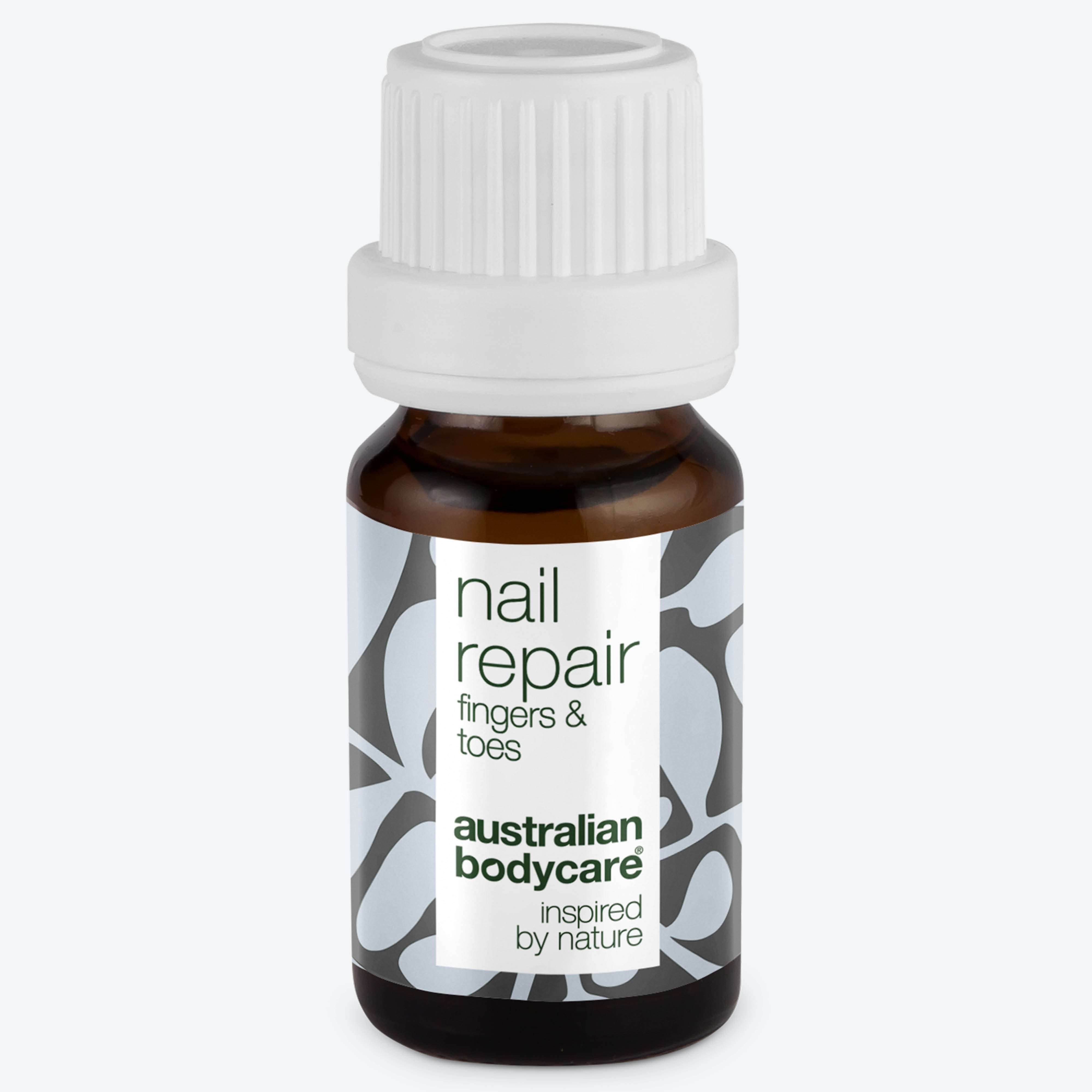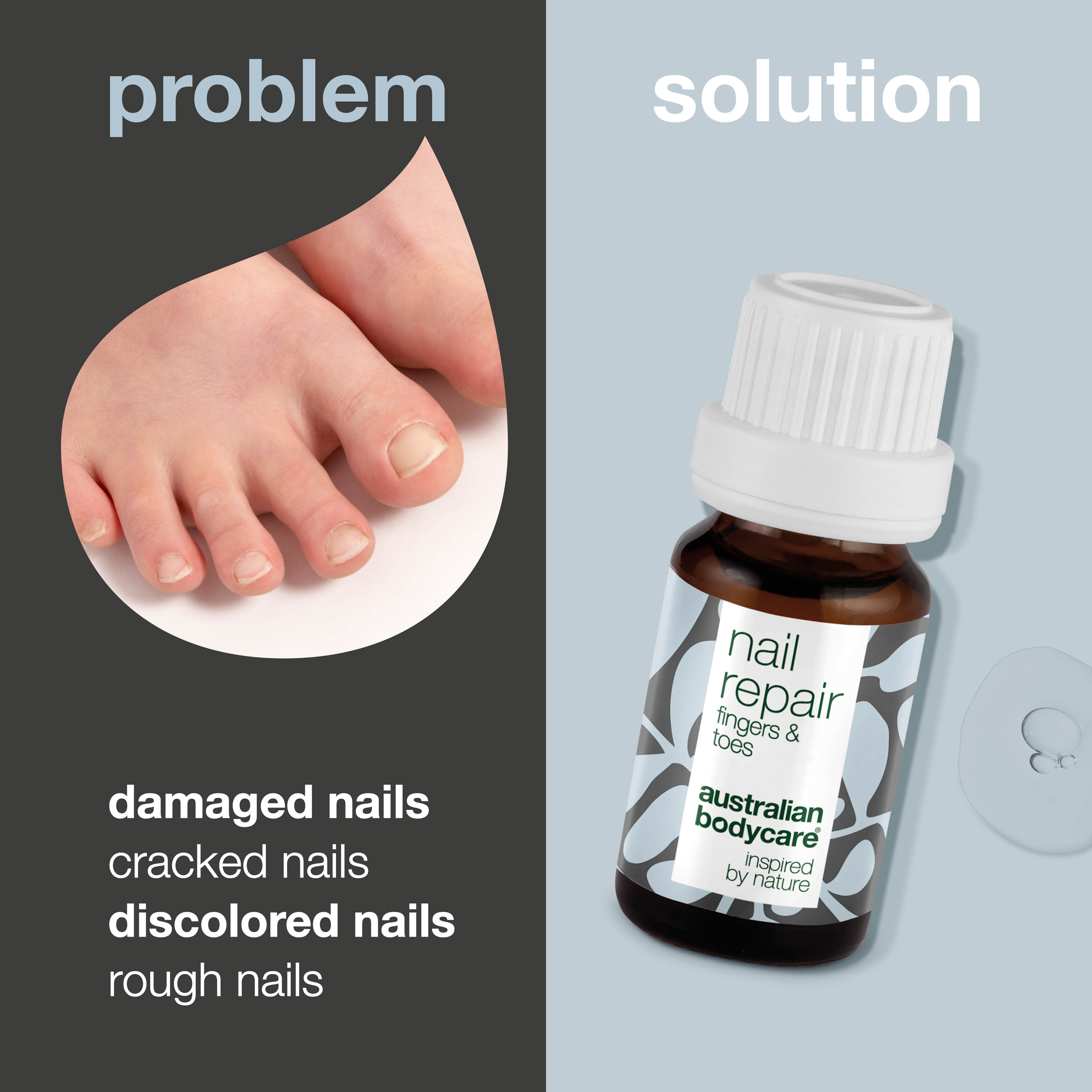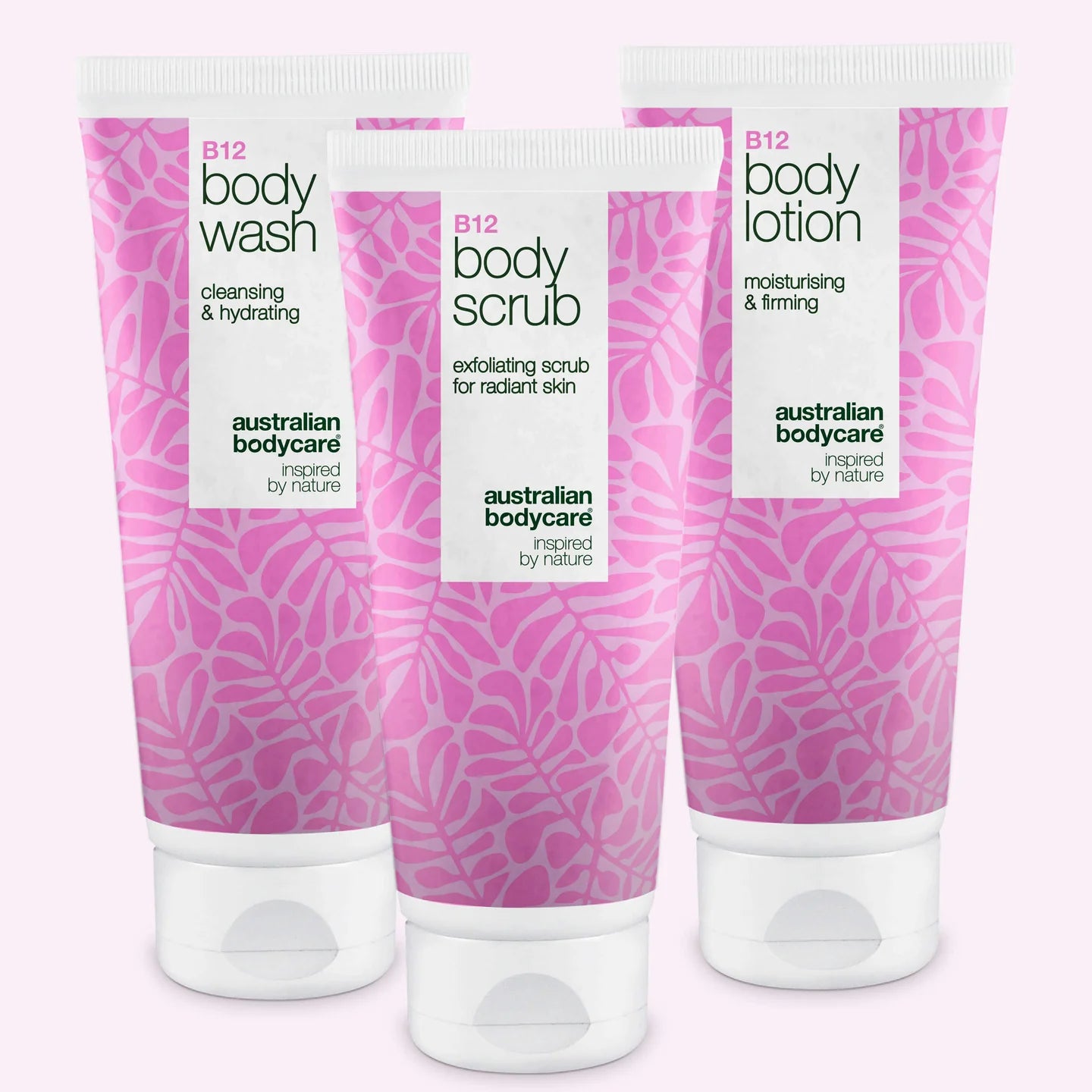Tea Tree oil and nail fungus
Nail fungus does not look attractive. When your feet or hands become infected your nails become yellowed, thickened and brittle, it can be embarrassing and sometimes even painful.
Why live with it when instead you can take action to get rid of it?
Table of contents
What is nail fungus?
Right now, at this very moment, you have a delicate balance of bacteria, yeast, and fungi living on your body. When you first learn this, you might suddenly feel your skin crawling, but know this, for your entire life your body has been home to these invisible to the eye organisms.
Have you heard of gut bacteria and probiotics? Your skin is very similar, and you may have heard this referred to as microflora.
When your skin’s microflora is in the right balance – your skin is healthy.
When certain strains of bacteria or fungi stage a hostile takeover – your skin and nails can suffer from infections such as nail fungus.
Nail fungus is a very common condition. It is caused when certain types of fungi grow in large amounts on, around and under your nail bed. One of the most common types of fungi which cause nail fungus is called dermatophyte.
You might pick it up from walking barefoot in a communal changing room, from having a manicure or pedicure or even from wearing old sweaty shoes.
Once you have a nail fungus there are a few things you can do to help improve the situation:
- Try to wear shoes that are made from breathable fabrics such as leather
- If the fungus is on your toe nails, wash your feet regularly
- Try to keep your feet cool as hot, damp, sweaty shoes or socks will encourage the growth of your fungal infection
While anyone can get nail fungus, the older you are, the greater your risk. With age nails often become damaged by wearing the wrong shoes.
When nails are damaged or have small fractures in them, nail fungus can find a happy place to settle and grow.
Its ability to do this is also affected by how healthy your immune system is. As you get older immune function can become stressed and reduced.
You are also much more likely to get nail fungus on your toenails than on the nails of your hand. Why? Because your feet are usually warmer and sweatier than your hands and those are the exact conditions nail fungus loves.
Tea Tree oil and Nail Fungus
Tea Tree oil is a natural antiseptic, people used it long before they knew why it worked and, as the tea tree plant is native to Australia, it was local aboriginal tribes which first discovered its great healing benefits.
However, it wasn’t until the 1920s that scientists began to realize these age-old treatments had a real effect. At the time, an effect even better than doctors used to treat infections and skin disease.
Tea Tree oil quickly became so popular every Australian soldier has issued a bottle during WW2.
Nowadays we know Tea Tree oil is a great solution for problem skin and nails. As a natural antiseptic, it can help clear your skin of organisms which cause problems.
This is a result of finding a high amount of a natural ingredient known as terpinen-4-ol in the essential oil of the tea tree plant. If you see a Tea Tree oil claiming to be high in terpinen-4-ol, you will know you have found a great Tea Tree oil.
As a helpful consequence of Tea Tree oils antiseptic nature, it can be effective in relieving the painful often itchy side effects of problem skin and nails. Tea Tree oil can help relieve the irritating side effects of nail fungus.
Prepare nails before applying Tea Tree oil
Before you use a product with Tea Tree oil as an ingredient on your nails, it is important to first prepare your nails. Imagine trying to shampoo your hair without first having to wash it – it would not work, and neither will using Tea Tree oil on your nails
Step 1. Trim the areas of your nail which are affected by nail fungus.
First, you need to remove the areas on your nails that are heavily affected by this fungus. That is if it can be easily removed. Think of this like trimming your nails. You should remove as much of your infected nail as is safely possible.
Step 2. File down remaining areas of your nail which are affected by nail fungus.
Once you have used clippers or nail scissors to remove areas of infected nail, you should now use a nail file to remove the last remaining areas which can be safely filed away. The aim is to remove as much of your nail infection as is possible before treating it with Tea Tree oil.
This helps any treatment you apply after to have maximum effect.
Step 3. Wash your nails thoroughly to remove affected nail fungus dust.
Now you are done the cutting and removing infected areas of your nail, it is time to wash away any debris. You might not be able to see it, but it is almost definitely still there. Wash carefully with tepid water and a skin friendly (preferably pH balanced) shower gel.
Step 4. Carefully dry your nails taking care not to irritate them by rubbing vigorously.
Remember how fungus grows in warm, damp conditions? This makes drying your feet thoroughly yet gently very important. Pat and press your feet or hands into a dry towel. Allow the towel to do the absorbing and avoid any scrubbing action.
How to apply Tea Tree oil on nails
Once you have prepared your nails it is time to apply nail repair. As Tea Tree oil is an active ingredient be sure to take the correct steps to apply it. Active ingredients applied in the right way will have beneficial effects on your nails Active ingredients applied in the wrong way, could cause you more irritation and pain.
Step 1. Apply Nail Repair in the morning and in the evening to the affected area with the application brush.
It is important not to help the fungus infecting on your nail(s) to spread, using application brush will help, as it eliminates foot to hand or hand to hand transfer of the fungus.
Step 2. Let it dry for 5 minutes before putting on shoes or socks or before going to bed.
After applying the Tea Tree oil dilution to your nails allow it time to absorb. This is especially important for nail fungus effecting your toenails as socks and shoes can quickly rub off your treatment oil.
Where nail problems are concerned, patience is required. It may take a long time until you will see perfectly grown nails. It is therefore utterly important to use Nail Repair on a daily basis.
Step 3. Important: Please continue to use until new nail growth occurs.
Repeat steps 2 to 3 to ensure your Tea Tree oil nail fungus treatment is effective. Where nail problems are concerned, patience is required. It may take a long time until you will see perfectly grown nails. It is therefore utterly important to use Nail Repair on a daily basis.
Symptoms that you have nail fungus
When your finger or toenails look yellow, thickened, brittle and flaky, you very likely have nail fungus. A small amount of this fungus is not likely to cause you a problem; however, if, given the opportunity to grow, you’ll begin to see a full-blown nail fungus infection.
At the root of a nail there will be an overgrowth of fungus. This happens when nail fungus is unable to grow naturally on your fingers or toenails.
Correcting its growth will help relieve side effect symptoms associated with this condition which are pain, itchiness and tender skin on the affected area.
As fungus decreases the side effects vanish with time. This, however, can take time and therefore you have to treat the affected area regularly. Basically, the affected areas of the nail will need to grow out and the sore, tender areas of skin will need to heal.
This is normal, and it means that you are resolving the root cause of your nail fungus for the long-term.
How to prevent Nail fungus
Once you begin treating your nail fungus, you’ll also need to take precautionary steps to help avoid it growing again. Following preventative steps ensures your current condition can be resolved and also prevented from recurring. Prevention will also help treat your current nail fungus more quickly.
In order to do this, you should:
Avoid going barefoot in public changing rooms
Just like you can pick up a verruca from going barefoot in a swimming pool changing room, you can also pick up nail fungus. Wearing plastic flip-flops in public changing rooms can help prevent your risk of nail fungus infections.
Wash your feet regularly
How often do you wash your feet? Do you wash them after removing those tight-fitting shoes you have worn all day? Straight after a work-out or run when you have been wearing trainers? Last thing before bed?
Keeping your feet clean and free of clammy sweat build up will help to prevent a recurrence of nail fungus. Remember nail fungus loves to grow in warm, moist conditions.
If you make sure to keep your feet clean and dry, you have already won half the battle.
Wear breathable shoes with breathable/absorbing socks
Leather shoes are breathable and there are some non-leather breathable alternatives, however most synthetic materials may not be breathable.
Wearing shoes which don’t breathe is like putting a plastic bag over your skin, you will start to sweat quickly. If you find your feet are often damp – this is likely why. Wearing absorbing socks with breathable shoe material is the solution
Keep nail fungus affected areas dry and airy
The key to preventing your nail fungus lays in making your nails, feet, and hands a hostile environment for it to take hold. You want to turn a warm, cozy couch into a barren, dry desert.
Nail fungus thrives particularly on feet because your feet are usually warm and slightly moist.
Using an absorbent powder like talcum powder or a natural alternative like oatmeal powder will help absorb excess moisture.
FAQ – Frequently Asked Questions – Tea Tree oil and nail fungus
Is nail fungus contagious?
Yes, nail fungus is contagious. It can be spread from nail to nail or person to person. It can also be spread from shared use of nail clippers or use of communal changing rooms.
What causes nail fungus?
Nail fungus is an infection of the nail by small microorganisms called fungus. Your risk of nail fungus is increased by nail damage allowing the fungus to grow inside small cracks of the nail.
Can I get a pedicure with nail fungus?
Yes. Nail fungus is contagious and spreadable if nail clippers or other tools used are not properly sanitized before use, they may spread nail fungus causing microorganisms.
Can nail fungus spread to skin?
There are many different types of fungus responsible for nail fungus, some of which can also spread to the skin. Athlete’s foot is a common fungal skin infection and is often present alongside nail fungus.
Can nail polish cause fungus?
Nail polish cannot cause nail fungus however it can help worsen nail fungus. The fungus grows in warm, moist conditions and nail polish can act as a sealant which stops your nail from breathing.







